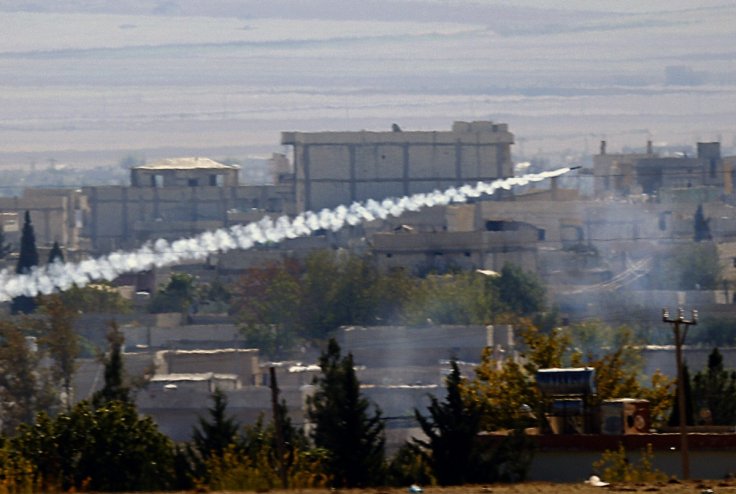
The Islamic State in Iraq and Syria is sourcing bomb making components from as many as 20 courtiers, a study has found.
More than 50 companies from countries including Turkey, Brazil, India and the United States were part of the supply chain for explosives, a study mandated by the European Union found.
These companies were involved in producing, selling or receiving more than 700 components used by Isis in building improvised explosive devices (IEDs), Reuters reported, citing the study.
Isis is using regulated as well as widely available industrial components such as fertilizer chemicals and mobile phones to make bombs on a "quasi-industrial scale," the Conflict Armament Research (CAR) said.
The highest number of companies that figured in the Isis explosives supply chain were from Turkey and India. While 13 Turkish firms were found to be involved, seven were from India.
Major bomb components like the detonators, detonating cord and safety fuses came from India, where companies legally manufactured and exported these to places such as Turkey and Lebanon.
Other courtiers from where the IED components came included Brazil, Romania, Russia, the Netherlands, China, Switzerland, Austria and Czech Republic.
Self-sustaining forces
"These findings support growing international awareness that IS forces in Iraq and Syria are very much self-sustaining — acquiring weapons and strategic goods, such as IED components, locally and with ease," James Bevan, CAR's executive director, said.
"Companies having effective accounting systems to establish where the goods went after them would act as a deterrent," he added.
CAR gleaned information on Isis weapons and explosives by researching components recovered during battles around the Iraqi towns of al Rabia, Kirkuk, Mosul, and Tikrit and the Syrian town of Kobani.
Militia groups in the Isis sphere of influence, such as the Kurdish YPG in Syria, the Kurdistan Region Security Council, forces of the Kurdistan Regional Government, as well as the Iraqi Federal Police, helped CAR in gaining access to the components.
The companies contacted by the agency did not comment or were not able to track down where the goods eventually reached.








